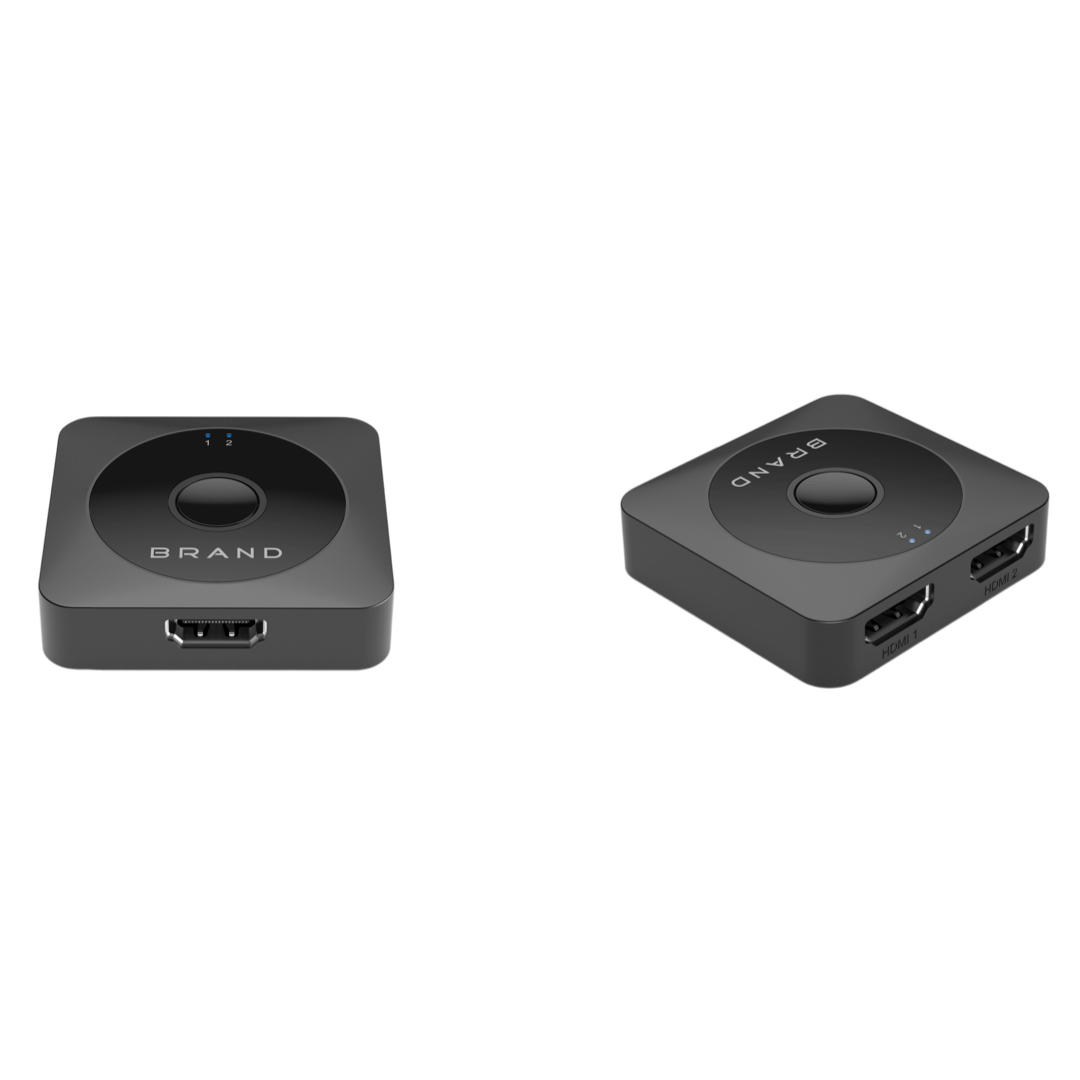In the ever-evolving landscape of audio technology, choosing the right audio adapter is crucial to ensuring seamless connectivity between your devices. Whether you're an audiophile, a gamer, or a professional working in the audio industry, finding the perfect adapter for your needs can enhance your overall experience. In this guide, we'll explore key considerations to help you make an informed decision.

1. Identify Your Devices' Audio Ports:
Begin by identifying the types of audio ports on your devices. Common audio jacks include 3.5mm, 1/4-inch, USB, HDMI, and more. Understanding the specific ports your devices utilize is the first step in selecting a compatible audio adapter.
2. Determine Your Purpose:
Consider the purpose for which you need the audio adapter. Are you connecting headphones to a smartphone, a microphone to a recording device, or integrating your gaming headset with a console? Different scenarios may require specific types of adapters, so clarity on your intended use is essential.
3. Check Compatibility:
Ensure that the adapter you choose is compatible with your devices. Some adapters are designed for specific brands or models, while others offer universal compatibility. Check the product specifications and user reviews to verify compatibility with your equipment.
4. Quality Matters:
Invest in a high-quality audio adapter to maintain sound integrity. While budget options may seem appealing, a poorly constructed adapter can introduce interference or degrade audio quality. Reputable brands and well-reviewed products often provide a reliable and consistent performance.
5. Consider Bidirectional Adapters:
If you anticipate connecting devices in different directions, consider a bidirectional adapter. These adapters offer flexibility, allowing you to connect devices without worrying about the orientation of the input and output ports.
6. Powered vs. Unpowered:
Most audio adapters are unpowered (passive), meaning they don't require external power. However, certain adapters, such as USB to audio adapters, may be powered and offer additional features. Evaluate your specific needs to determine whether a powered adapter is necessary.
7. Wireless Options:
For those seeking a cable-free experience, wireless audio adapters, especially those supporting Bluetooth connectivity, are available. These are particularly handy for connecting wireless headphones or speakers to devices lacking built-in Bluetooth capabilities.
8. Durability and Build:
Consider the build quality and durability of the adapter, especially if it will be frequently used or subjected to wear and tear. Look for adapters with sturdy connectors and robust housing materials to ensure longevity.
9. Read User Reviews:
Before making a purchase, read user reviews to gain insights into the real-world performance of the audio adapter. Users often share their experiences, highlighting potential issues or confirming the reliability of a particular product.
10. Warranty and Customer Support:
Check if the audio adapter comes with a warranty, and be aware of the manufacturer's customer support policies. A warranty can provide peace of mind, and responsive customer support is valuable in case you encounter any issues.
In conclusion, choosing the right audio adapter involves a careful consideration of your devices, intended use, quality, and additional features. By taking the time to understand your specific requirements and evaluating the options available, you can select an audio adapter that seamlessly integrates with your audio setup, enhancing your overall listening or recording experience.



